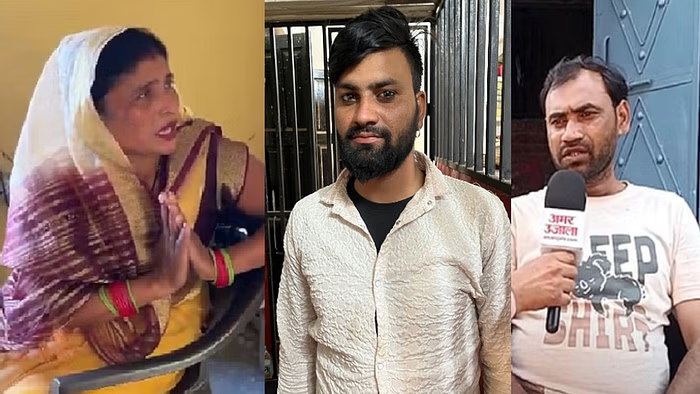In a significant development from Noida, Uttar Pradesh, two journalists have been arrested for their alleged involvement in a major extortion racket. The Noida Police busted the operation and recovered ₹34.5 lakh in cash during the raid, raising serious concerns about media ethics and the misuse of journalistic power.
The Arrest
The Noida Police acted on a tip-off and apprehended the two accused journalists who were reportedly running a blackmailing operation. According to police sources, the duo was extorting money from several individuals, including businessmen and government employees, under the pretext of publishing or suppressing negative news stories.
The arrest was made in Sector 20, and both the accused were caught red-handed with a substantial amount of cash, suspected to be proceeds from the extortion.
What Was Recovered
- ₹34.5 lakh in cash
- Mobile phones and documents related to the extortion network
- Allegedly fake media credentials used to pressure and intimidate victims
Police Statement
Senior police officials stated that the accused misused their media identity to run the racket. An FIR has been registered and further investigations are underway to find out how long the operation was running and whether more individuals were involved.
Legal Action and Charges
The duo faces charges under multiple sections of the Indian Penal Code (IPC), including:
- Section 384: Extortion
- Section 419: Impersonation
- Section 420: Cheating
- Section 506: Criminal intimidation
Police have also indicated that more arrests could follow, as the extortion network might have deeper links.
Impact on Journalism
This incident has triggered a larger debate on the misuse of journalistic privileges. The misuse of media tags for personal gain not only damages public trust but also undermines the credibility of genuine journalists working hard to uphold the truth.
Conclusion
The Noida extortion case highlights the importance of ethical conduct in journalism. While the law will take its course against those abusing their power, it is equally essential for media organizations to enforce strict internal checks to prevent such incidents in the future.


